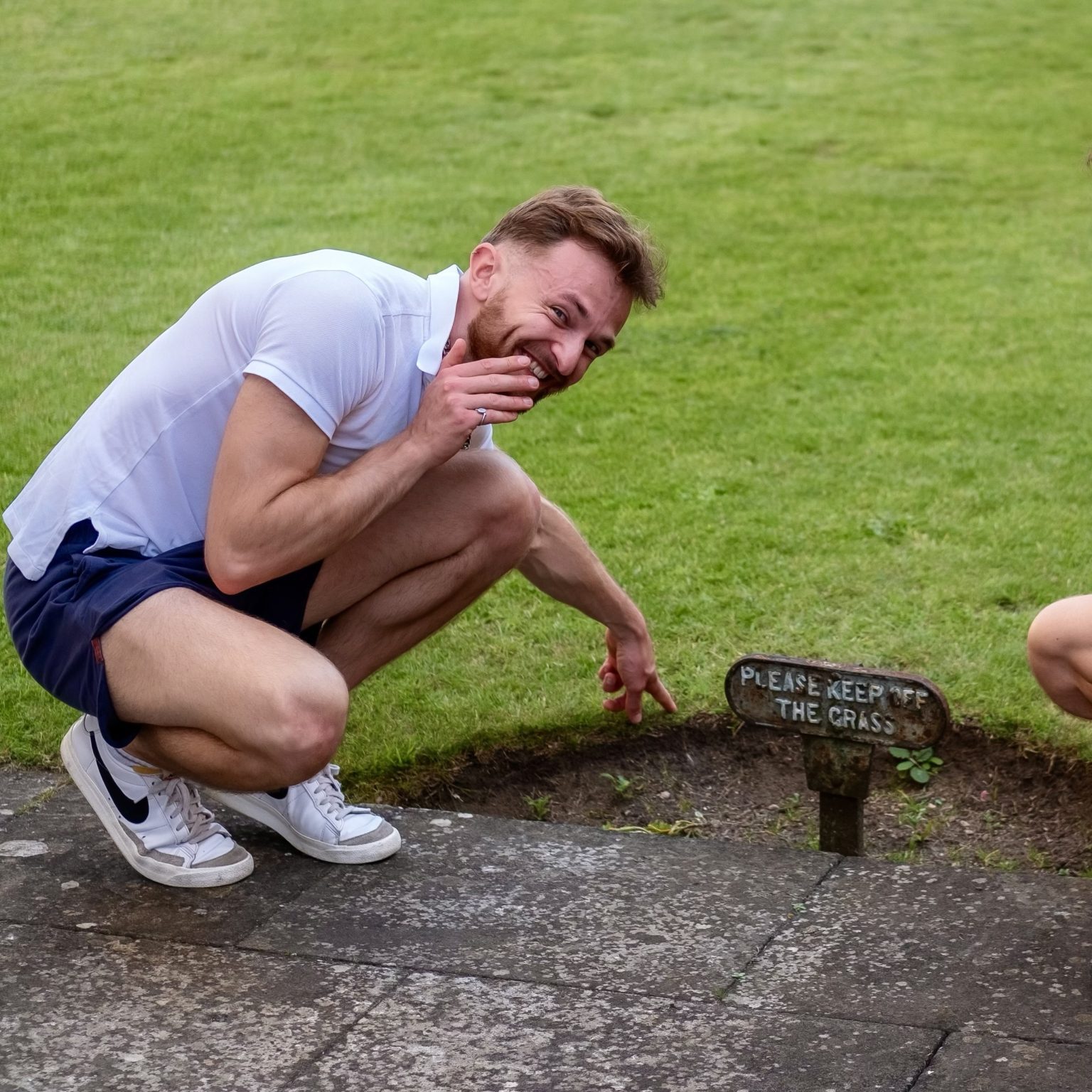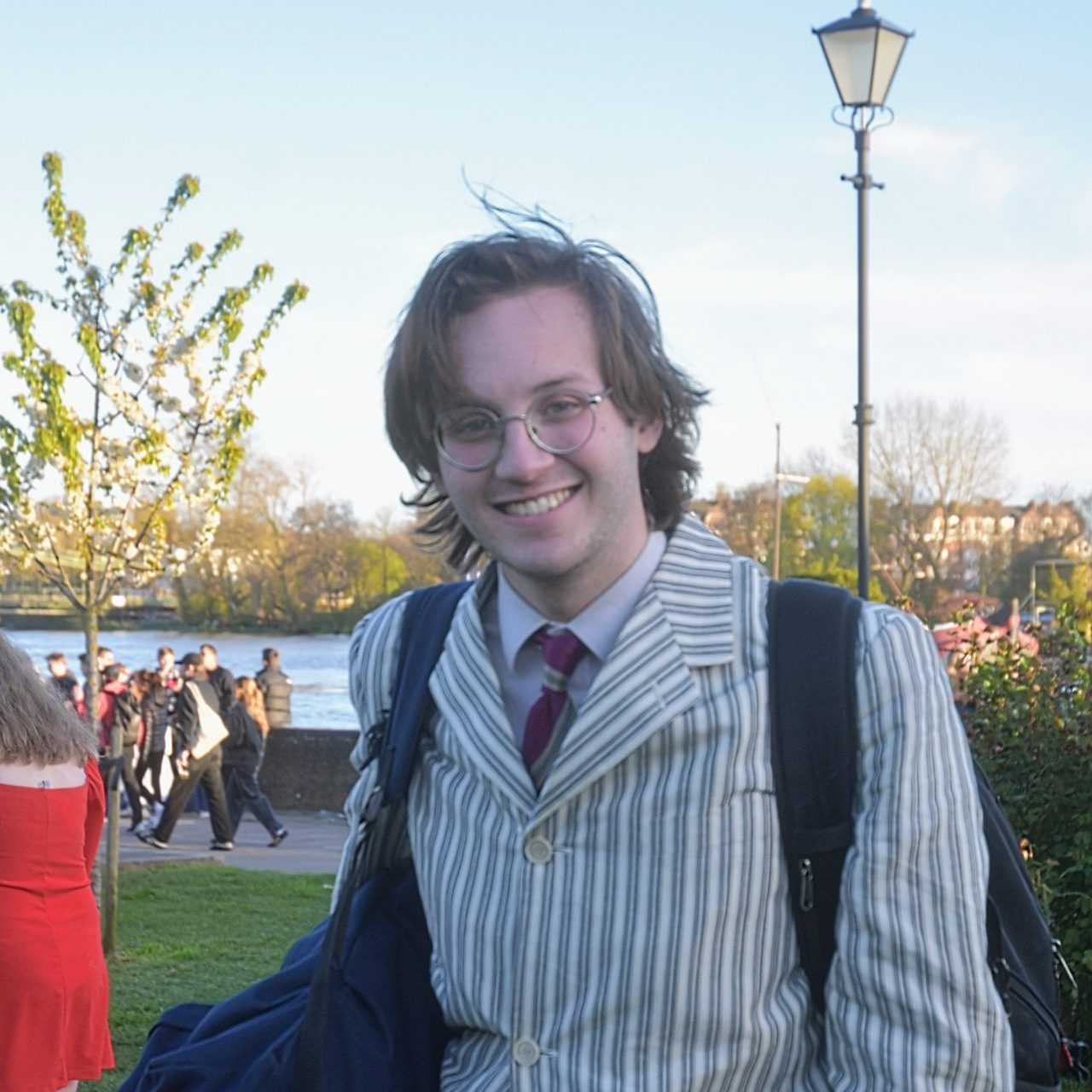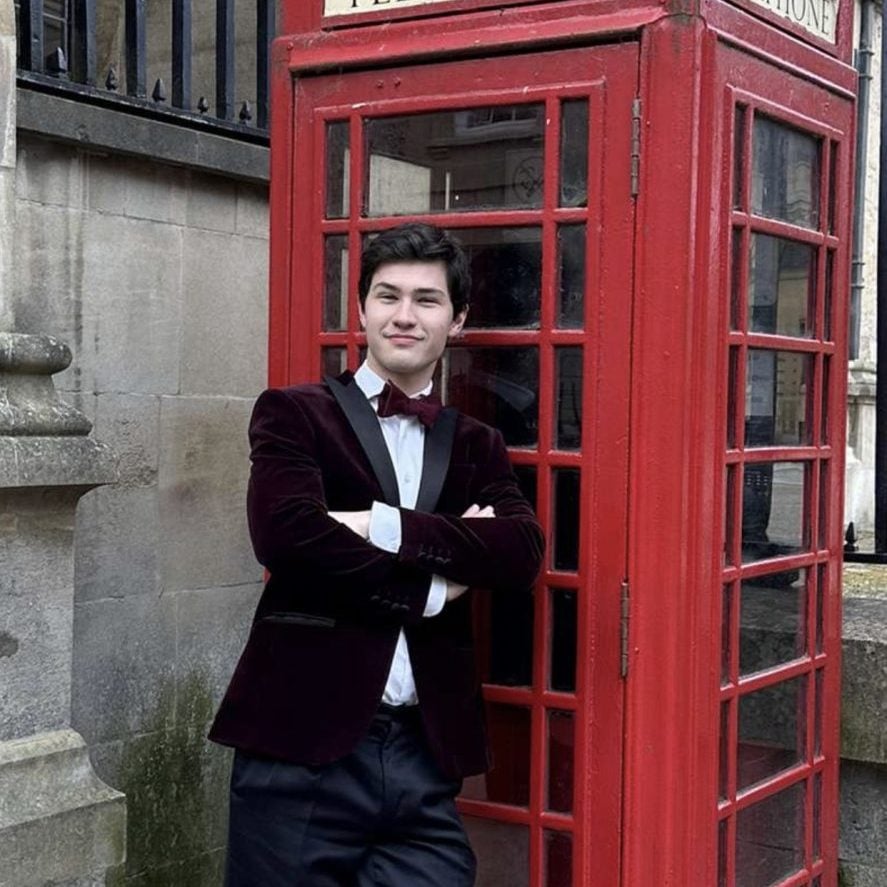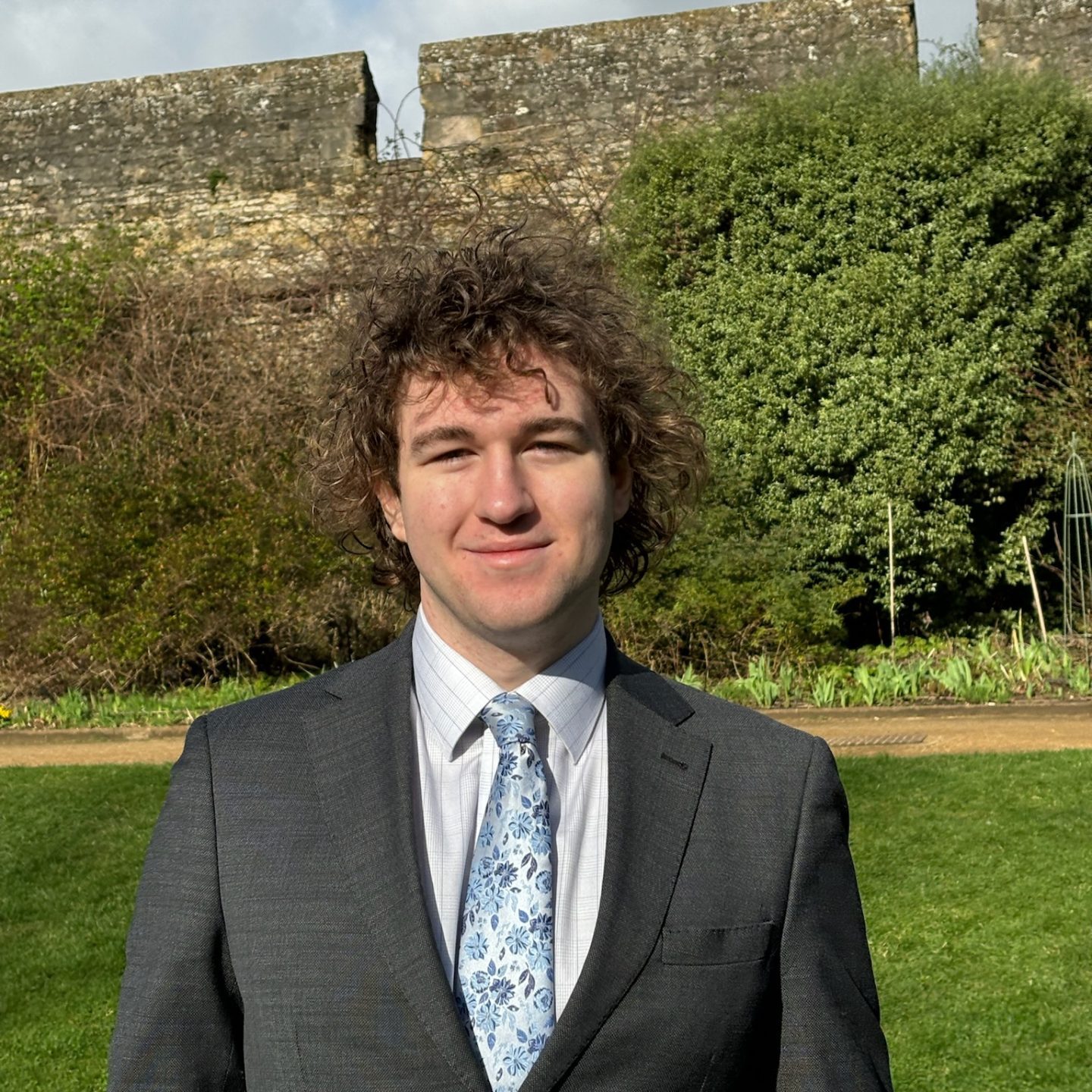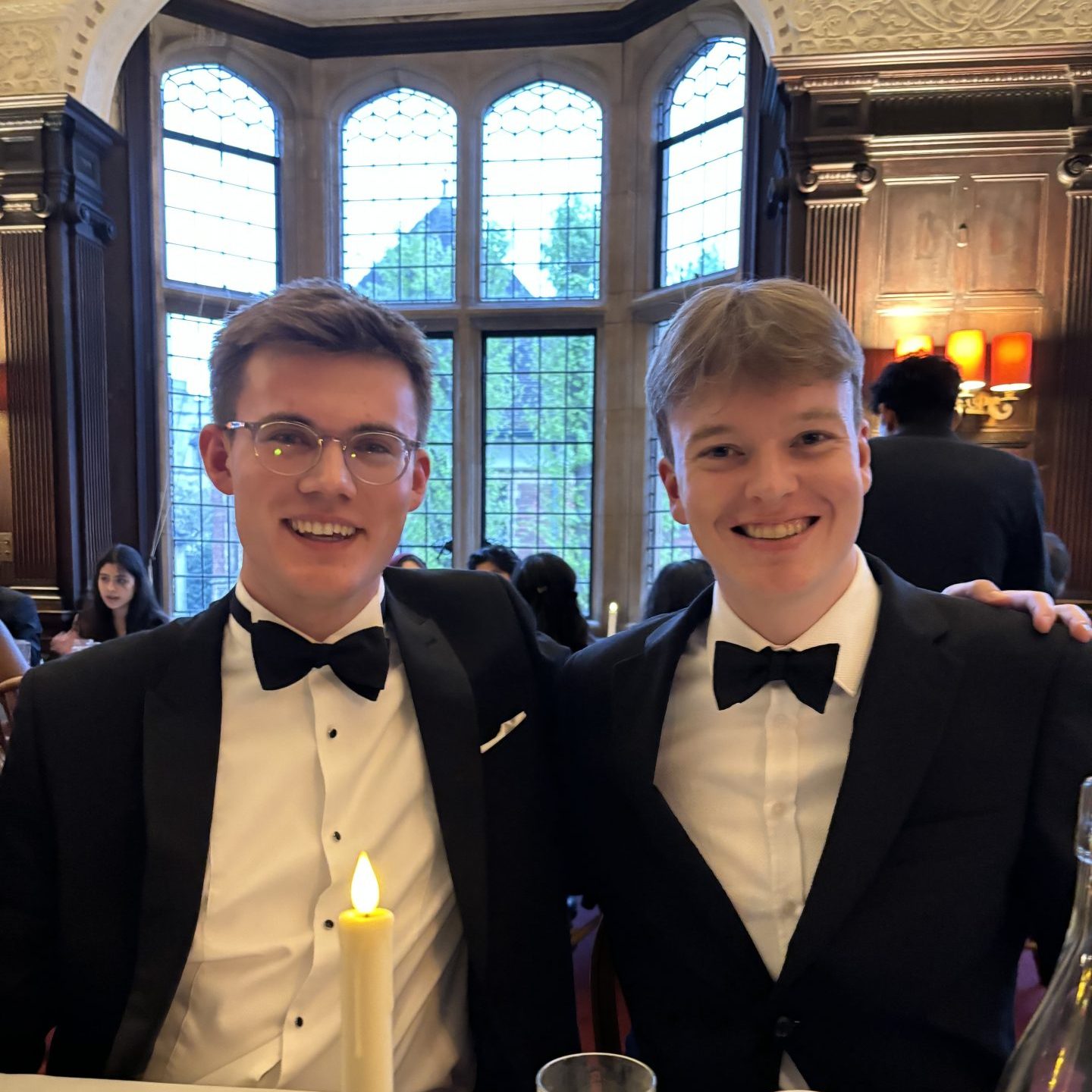Four Oxford academics have signed an open letter criticising the investigations into Nathan Cofnas, a Cambridge Fellow who describes himself as a ‘race-realist’. The investigations concern a controversial blog post made by Cofnas in early February in which he likened race equality to “a thesis based on lies”.
Investigations into Cofnas were launched in early April by Cambridge University and the Leverhulme Trust – who provided Cofnas with his current research grant. This followed Emmanuel College notifying Cofnas that they were terminating their research affiliation with him.
The investigations came as a response to substantial protests from Cambridge students and staff. In February, the master of Emmanuel College, Doug Chalmers, said that the University retains its “commitment to freedom of thought and expression.” The support was reiterated by Cambridge’s Pro-Vice-Chancellor for Education Professor Bhaskar Vira who stated that freedom of speech “sits at the heart of the University of Cambridge”. Following the University’s initial response a petition calling for the termination of Cofnas’s employment gained more than 1200 signatures.
An open letter, signed by 14 academics and published May 2nd in The Times, expresses support for Cambridge’s initial response. The letter states that: “[m]embers of the college or university who disagree with Dr Cofnas’s views could issue statements repudiating those views and explaining why they believe them to be mistaken.”
Of the 14 academics, four are from Oxford: Professor Roger Crisp of St. Anne’s College; Marie Daouda, Stipendiary Lecturer at Oriel College; Professor Jeff McMahan from Corpus Christi College and All Souls Fellow and Professor Amia Srinivasan.
Srinivasan has since expressed her discontent with some aspects of the letter in The London Review of Books. She said it “did not contain a condemnation of Cofnas’s racism” and “did not draw a distinction between supporting Cofnas and objection to Cambridge’s investigation of him”. She also said the letter did not emphasise “the possibility that students have a right not to be taught by someone who is on the record expressing the view that, if a student is Black, they are almost certainly less intelligent.”
Cofnas is himself an Oxford alumnus, having completed a DPhil in Philosophy at Balliol College in 2021. Since 2022, he has been employed at Cambridge’s Faculty of Philosophy, researching Philosophy of Biology and Ethics. According to his website, he maintains a particular interest in “scientific and ethical controversies connected with evolution-informed social science.”
This is not the first time Cofnas’s employment has sparked outrage. Following his appointment to the University in 2022, the Cambridge student body called for his dismissal regarding a 2019 article arguing that racial and ethnic groups show genetic differences in IQ.















